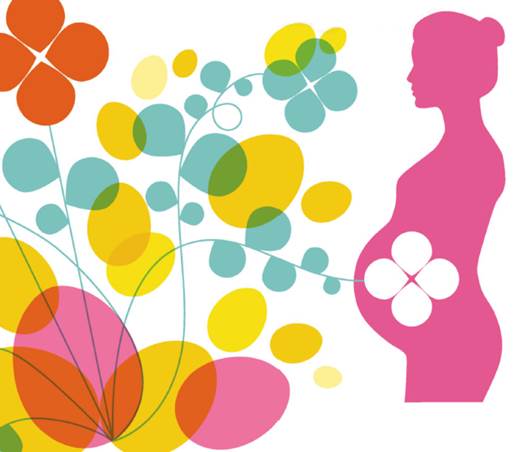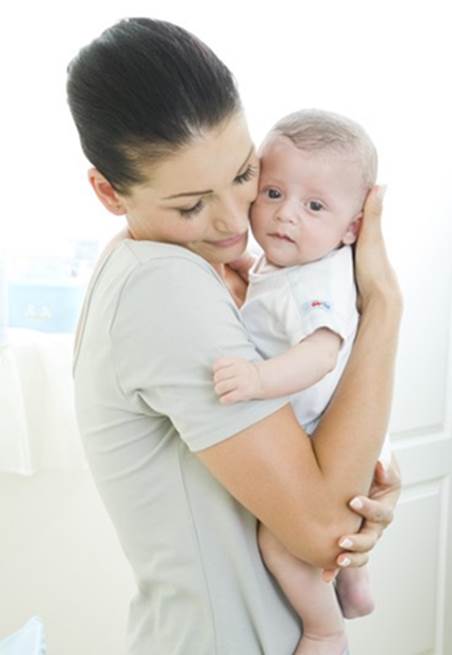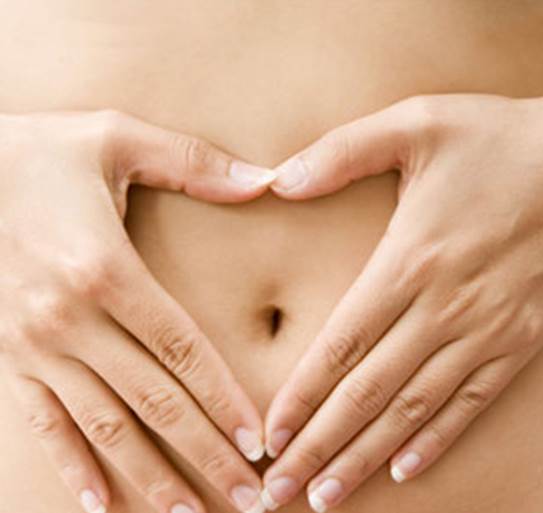Whether you want to have a baby soon
or at some point in the future, experts believe there’s plenty you can do to
age-proof your fertility
If you’re over 35 and yet to have a baby or
you’re younger but can’t imagine being in a position to conceive any time soon
– you could be forgiven for feeling you may as well give up on the idea. With
the media regularly reporting on the dangers of ‘leaving it too late’, Kate
Garraway fronting the Get Britain Fertile campaign telling us not to let our
careers get in the way, and bodies such as the Royal College of Obstetricians
and Gynecologists (RCOD) warning women shouldn’t leave conception until their
late thirties. There can’t be many thus-far childless women who aren’t fretting
about their fertility going into free-fall.

Stay
fertile for longer
Yet you only need to look at the statistics
to know plenty of women are successfully starting their families later in life/
the latest figures show one-in-five new mothers is over 35 (four times the
level of the mid-1970s), and record numbers of women in their forties are
having babies. If you’re in the later-motherhood category yourself, you’ll know
the popular depiction of ‘career girls’ putting off childbirth until they’ve
climbed the corporate ladder doesn’t always hold true. For the majorities who
want babies but haven’t had them by their mid-thirties, the reason is often
that they’re not in a stable relationship. The Office for National Statistics
(ONS) has also recently cited economic concerns as a cause, with the soaring
cost of housing meaning many couples don’t have a stable home of their own
until their mid-thirties or beyond, while worries about the cost of
childrearing are having an impact, too.
What are your chances?
‘The fact is, society has changed in recent
years’, says women’s health expert Dr. Marilyn Glenville. ‘Women are trying to
conceive later for reasons that are often outside their control. And while this
might mean you’re missing the optimum fertile time – in your twenties and early
thirties – it doesn’t necessarily mean it’s all over’. There’s no denying that
once you get into your mid-thirties, your chances of getting pregnant are
lower. But most 35-year-old women will still conceive within three years, and
the majority of 38-year-olds will, too. ‘If we were just considering biology,
trying to start a family before you are 35 is a good idea’, says Emma Cannon,
author of Total Fertility (Macmillan, $22.55). ‘Unfortunately, life doesn’t
always go according to plan. And if you only find yourself ready to start a
family later, there’s a lot you can do to help increase the likelihood of
conceiving’.

Women
are trying to conceive later for reasons that are often outside their control.
And while this might mean you’re missing the optimum fertile time in your
twenties and early thirties
What you can’t change, however, is your
ovarian reserve. This is defined by how many follicles or eggs you have left in
your ovaries. You’re born with all the eggs you’ll ever have – and lose a batch
every month – so as the years go by, you’ll have fewer good-quality eggs left.
That’s why conceiving is tougher with age. You may have heard 35 quoted as the
age at which your fertility plummets, but according to Professor Richard
Fleming, director of the Glasgow Center for Reproductive Medicine, it’s not
quite as simple as that. ‘It’s not that your fertility levels suddenly drop;
it’s more that the better eggs have gone by that age’, he says. But every woman
is different – some are fertile for a longer time, others for a shorter time.
Research by Imperial College London, in 2011, found that premature menopause
may affect 7.4 per cent of women under 40, a higher figure than was previously
thought. Plus, if you have existing reproductive health issues, such as
polycystic ovary syndrome (PCOS) or endometriosis, age will compound their
impact on your fertility, too.
There’s no foolproof way of telling exactly
how long you have left to get pregnant, but tests can give an indication – and
you should see your doctor for these if you’ve been trying to conceive for a
year (or six months if you’re over 35). ‘The follicle-stimulating hormone (FSH)
test is often used to help evaluate how hard the ovaries will need to work to
produce an egg’, says Cannon. ‘And this can be a helpful measure of
reproductive capacity. The anti-Müllerian hormone (AMH) test is used to measure
ovarian reserve, while the antral follicle count, an ultrasound scan test, can
be used alongside the AMH test to help determine ovarian reserve’. All of these
can give you an idea of your fertility. Speaking to your mother can also help,
says Cannon. ‘It’s not guaranteed that you’ll follow her pattern, but its
useful information’, she says. If she was an older mother herself that may mean
that your chances of conceiving later in life are also better; conversely, if
she had an early menopause, you might, too.
Think quality over quantity
The quality of your eggs is something you
can impact, according to Glenville. ‘You can’t alter your ovarian reserve, but
as long as you’re still ovulating, there are several things you can do to
improve the quality of your eggs’, she says. ‘And whether you’re trying to
conceive naturally or having IVF, improving egg quality can help boost your
chances of conception and a healthy pregnancy. This is even more important if
you’re older, as you may have fewer chances left to get pregnant – so it’s a
good idea to make to most of the opportunities you do have’.

You
can’t alter your ovarian reserve, but as long as you’re still ovulating, there
are several things you can do to improve the quality of your eggs
Your age & your fertility
·
If you’re 30-34: 75% of 30-year-olds will conceive
naturally for women under 35 having IVF, there’s a 33 per cent chance of
becoming pregnant per cycle
·
If you’re 35-37: 94 out of every 100 women...will get
pregnant after three years, but see your doctor if you haven’t conceived after
six months. With IVF, 27 per cent of 35- to 37-year-olds will conceive per
cycle.
·
If you’re 38-40: 77% of women will conceive in three
years. Again, you should see your doctor after six months if you haven’t. IVF
success rates are 19 per cent in those aged 38 to 39.
·
If you’re 40+:
12.5% of women aged 40-42 will conceive each IVF
cycle. After this age, there’s a sharper fall, with 4.9 per cent of women aged
43-44 conceiving, and 2.5 per cent of those 44+.